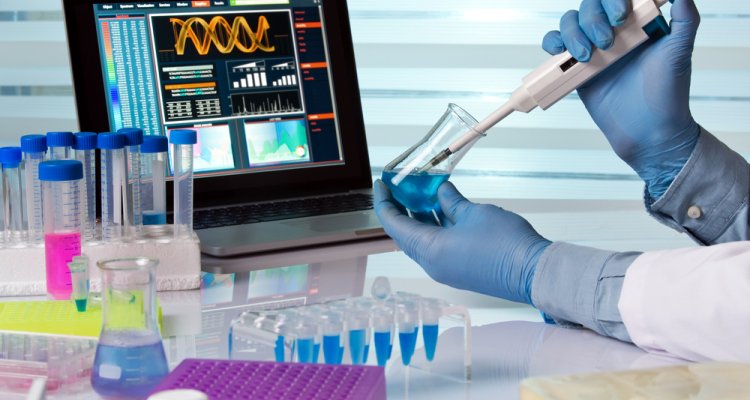
Project
Sustainable production of medium chain di-esters
This project aims at di-esters production by redesigning and engineering microbes which utilize carbohydrates as starting materials. Eventually this technology can contribute to the development of industrial sustainable production.
Background
Medium-chain α,ω-alkanediols can be used as personal care products, degradable plastics and medical precursors. However, its production still rely heavily on fossil resources. In order to tackle this problem, microorganisms could really provide lots of options. With the development of genome modification technology, microorganisms can be designed to become efficient biocatalysts for many valuable products. Biocatalysis methods for the production of α,ω-alkanediols have been developed in E. coli using the alkane hydroxylase AlkBGT, but its production still depends on alkanes. Pseudomonas putida KT2440 is a promising microbe for di-esters production, because It is successfully applied for the production of bio-based polymers and a broad range of chemicals. And Its genome sequence and genome scale metabolic model are available. Moreover, It has a high capacity fatty acid synthesis pathway present for PHA production. Another advantage is that KT2440 is highly robust against high solvent concentration. Here, in this project, P. putida KT2440 will be engineered to produce di-esters using carbohydrates as starting materials in a more sustainable way.
In order to achieve this, the metabolic flux needs to be rebuilt and heterologous genes will be introduced in P. putida KT2440.
Our objectives
- To investigate whether di-ester production can be achieved in Pseudomonas putida KT2440.
- To study the effect of esterase genes which exist in P. putida KT2440 on the conversion from alkane to di-esters.
- To investigate whether fatty alcohol synthesis pathway starting from carbohydrates can be perfectly connected to di-esters production pathway in P. putida KT2440 and whether there is a suitable acyl-ACP thioesterase (TE) which can lead carbon flux specifically to C6-C10 fatty alcohol or acid.
- To investigate how PHA synthesis pathway or other competitive pathway affect the production of di-esters in P. putida KT2440.
Techniques could be involved during this project, such as heterologous gene/protein expression in E. coli and P. putida KT2440, enzymatic activities assessment in vitro, genome modification basing on CRISPR-Cas9, resting-cell conversion, batch fermentations in reactors and gas chromatography-mass spectrometry (GC-MS). Besides, it is possible for students to participate in technical transformation which links our research results with industrial application.